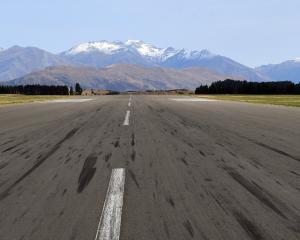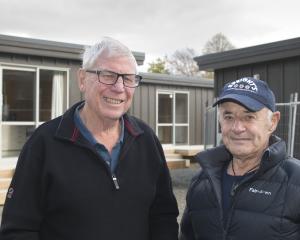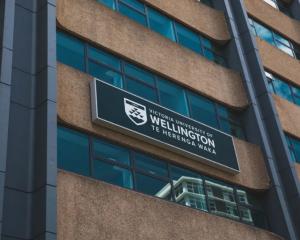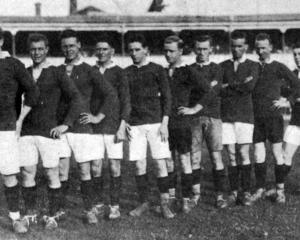
Association of Salaried Medical Specialists (ASMS) director of policy and research Harriet Wild said many international medical graduates (IMGs) were not provided with a thorough grounding, although there was a "massive need" for it.
The University of Otago study, published in BMC Medical Education, argued New Zealand risked losing its international specialists if cultural integration was not improved.
IMGs are a large part of the specialist workforce — the ASMS put the figure at 43% in 2017.
"We could not function without them and we’re so grateful for every IMG," Ms Wild said.
New Zealand was competing against other countries, particularly Australia, to attract international specialists, she said.
The state of the healthcare sector meant it no longer had the work-life balance that had been a drawcard.
Cultural integration could be "highly challenging" for people.
A 2022 Medical Council of New Zealand report on trial integration workshops cited by Ms Wild showed success in introducing IMGs to the council’s standards on professionalism, cultural safety and health equity.
Ninety-one percent of those who gave feedback on the experience agreed or strongly agreed the workshops were useful.
However, the report noted the delivery model as trialled was very resource intensive and it was not introduced on a wider scale.
"There’s clearly a massive need for it because our own research on IMGs has found that many are not provided with a real, intense grounding . . . in how our health system functions, but also in those cross-cultural factors," Ms Wild said.
Cultural safety and reflection on biases and assumptions that needed to be challenged were important, she said.
Lead study author Dr Mariska Mannes, who completed her PhD through the division of humanities, said IMGs struggled with cross-cultural code-switching.
"Many of them leave New Zealand jobs because they experience stress, loss of identity or loss of confidence brought on by the struggle to adjust culturally," she said.
"Cultural differences can impact on their ability to practise effectively and on their wellbeing — it is critical to support not only their integration into medical practice but also their cultural integration, to improve retention rates."
One participant reported their frustration at the need to "sugar coat" information, which made them feel inauthentic.
"Where I come from, the dryer you are, the better you are, because you are not hiding anything."
Another shared how they automatically reverted to their ingrained cultural behaviour in stressful situations, leading to complaints.
Some IMGs noticed a difference in the way Māori patients communicated and interacted compared with non-Māori, and found they needed to adjust to be effective.
Many IMGs attempted to learn some phrases in te reo Māori and their efforts were appreciated by Māori patients.
IMGs experienced a lack of support or interest in their code-switching dilemma from New Zealand counterparts, most commenting on a sense of isolation and a lack of social support that meant IMGs usually ended up socialising together where possible.
Dr Mannes recommended implementing a cultural mentoring programme — both at orientation and in ongoing curricula — to improve cultural wellbeing and practice with the aim of increasing IMG retention in New Zealand.
"Although IMGs come from comparable and incomparable health systems, they are all culturally diverse relative to New Zealand."
This support could strengthen the New Zealand population’s access to quality healthcare.












